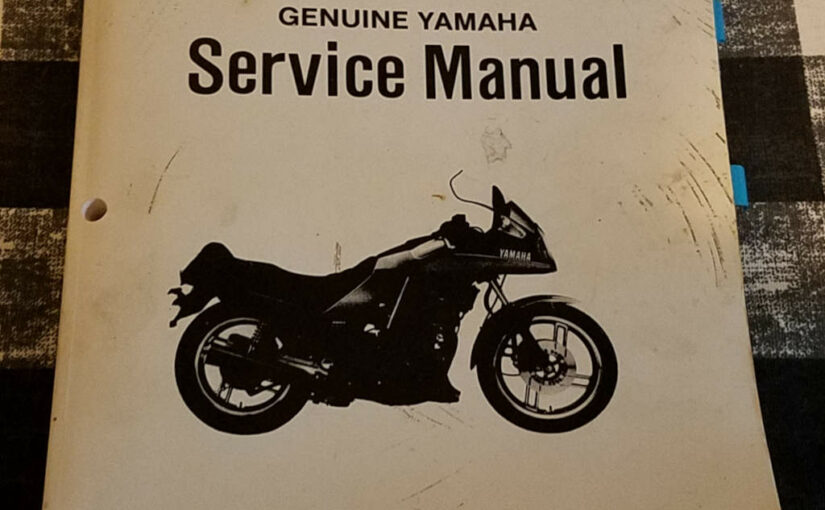1. Identify Your Dream Bike (Maybe):
- Do you have a specific model in mind? Research its history, common issues, and typical project scopes.
- Open to exploring? Look at online resources to discover different brands, styles (cafe racer, scrambler, etc.), and eras that pique your interest.
2. Online Resources:
- Forums:
- Find forums dedicated to your chosen brand or style (e.g., Triumph forums, cafe racer forums).
- Search for project threads involving your target bike or similar models.
- Look for “buyer’s guides” or “common problems” threads for valuable insights.
- Parts Suppliers:
- Browse online parts catalogs for your chosen brand/model.
- This can reveal parts availability and potential project costs.
- Look for forums discussing parts compatibility across similar models.
- Websites and Blogs:
- Search for websites dedicated to vintage motorcycles.
- Look for specific restoration guides or project write-ups for your target bike.
- Consider reputable restoration shops’ websites for technical advice.
3. Service Manuals and Literature:
- Haynes or Clymer Manuals: These are bibles for motorcycle maintenance and repair. Find one specific to your chosen model year.
- Workshop Manuals: If available, these factory-issued manuals offer even more detailed information on specific models.
- Owner’s Manuals: Though less detailed, they can provide basic specs and maintenance schedules. (Search online if unavailable)
4. Additional Information Gathering:
- Join Facebook Groups: Similar to forums, Facebook groups can be a vibrant source of information and project inspiration.
- YouTube Videos: Watch restoration videos for similar bikes to gain visual understanding of the project scope.
- Talk to Experienced Restorers: Connect with local vintage motorcycle enthusiasts or restoration shops.
5. Refine Your Project Scope:
- Based on your research, create a realistic project timeline and budget.
- Identify the skills and tools you might need or need to acquire.
- Consider if the project complexity aligns with your mechanical experience.
Remember: Don’t be afraid to adjust your initial bike choice based on the information you gather. Your research should empower you to make informed decisions and set yourself up for a successful first project!
